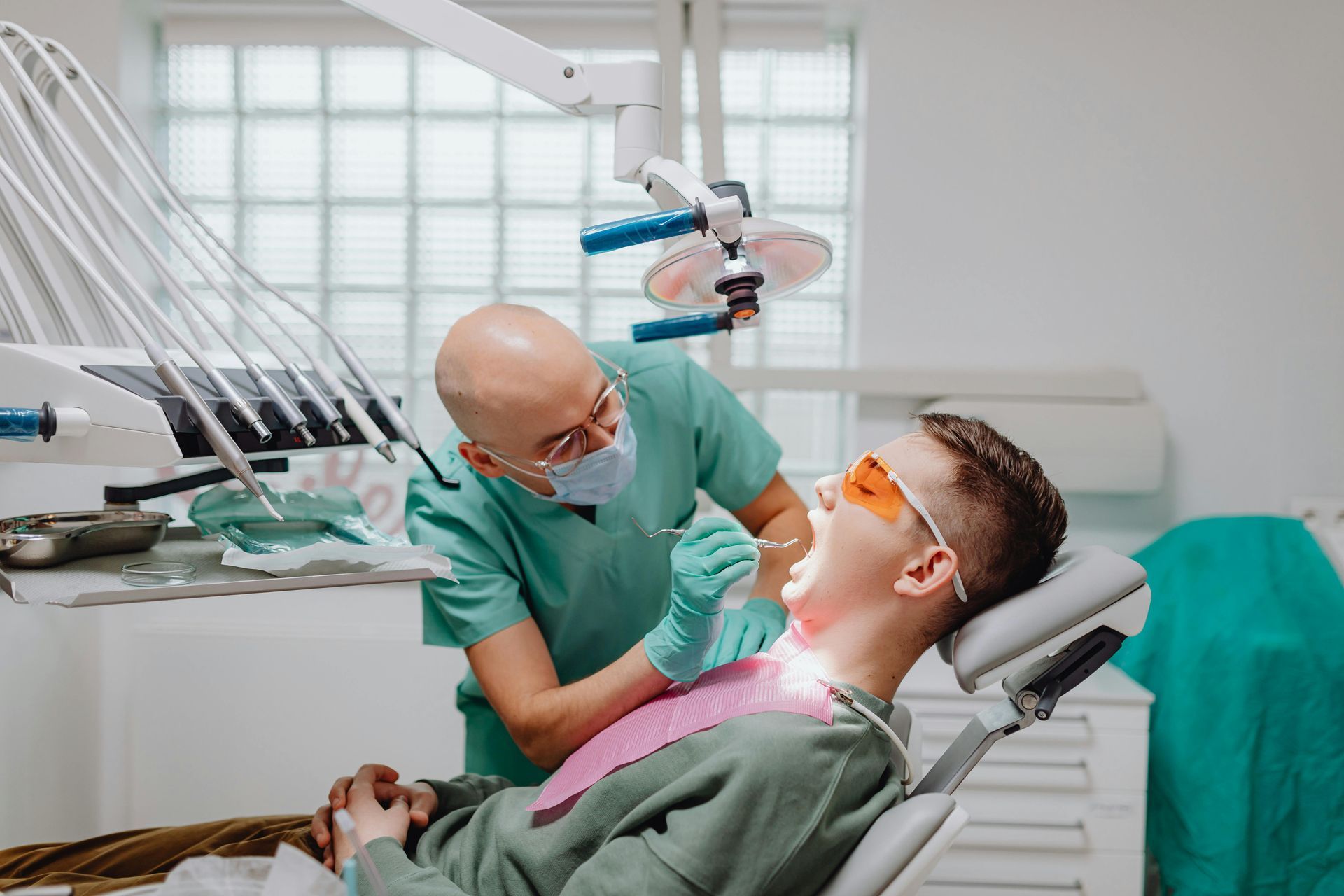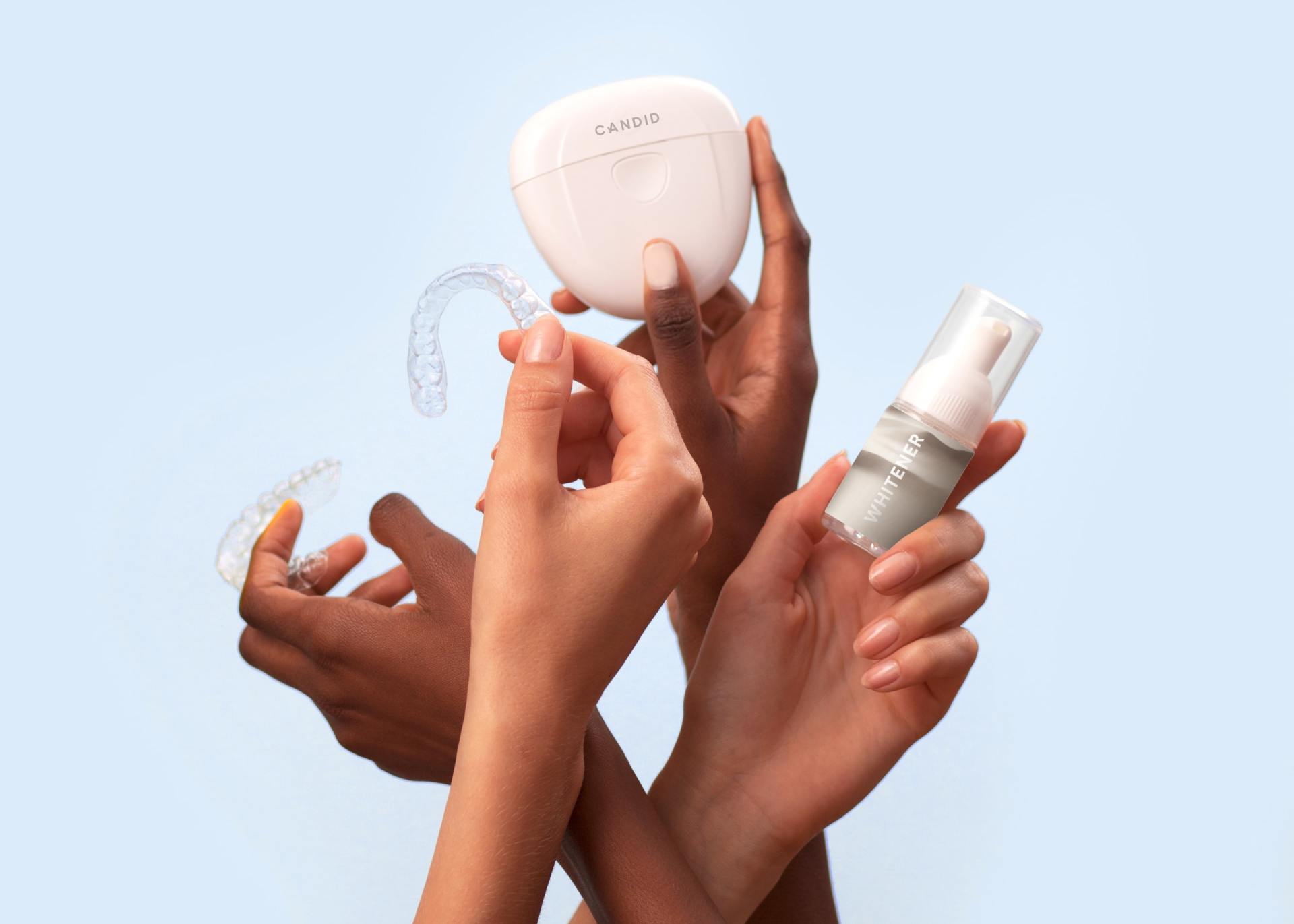The 9 Superpowers of Your Smile
Your Smile Your Superpowers!
Various researchers have already compiled a long list of the benefits of smiling. Now, new research from the University of Missouri-Kansas City (UMKC) adds two more reasons to that list. I’ll start with the recent news and then list other known superpowers of smiles. But, even a wonderful act like smiling has a downside, so at the end of this post I’ll relay a few warnings.
Two Smiley Faces for This Research
This is what the researchers at UMKC recently discovered:
1. Smiling can make you look younger. Even if there were no other benefits to smiling, I’m sure many of us would be grateful just for this one. The UMKC researchers tested the popular theory that smiling might cause others to perceive you as being younger than you actually are. Sure enough, in a small study, college students perceived older people who had happy smiles on their faces as looking younger than their age. The people with frowns on their faces were categorized as looking older.
Here’s my theory about this: A smile provides you with a mini-facelift. Turning up the corners of your mouth raises your entire face, including cheeks, jowls, and neck. Try it now! Instead of spending $15,000 or more on a facelift, just smile.
2. Smiling can make you look thinner. In a recent study by a young psychology student at UMKC, sad faces randomized and flashed on a computer screen were judged to be heftier. This is a surprising conclusion; I can only speculate that a mouth turned down in a frown might give the impression that a person is weighed down by unhappiness. In any event, I sense a bestseller here: The Smile Diet.
Here are seven more reasons to smile that I gleaned from past research:
3. Smiling elevates your mood and creates a sense of well-being. As behavioral psychologist Sarah Stevenson writes in this post, “Each time you smile you throw a little feel-good party in your brain.” The notorious party animals dopamine, endorphins, and serotonin start whooping it up when you smile. And a bonus: those endorphins serve as natural pain relievers and act as the body's own opiates.
4. Smiling induces more pleasure in the brain more than chocolate. I know you don’t believe this. I don’t believe it either. But according to Ron Gutman, the author of Smile: The Astonishing Powers of a Simple Act, “British researchers found that one smile can generate the same level of brain stimulation as up to 2,000 bars of chocolate.” Where do I sign up for the next experiment? And what happened to the person who ate 2,000 bars of chocolate? I’d like to interview him.
5. Even a forced smile can lead to a mood boost. Usually we think that a positive experience is what makes us smile. While this is true, it's also true that merely deciding to smile can provide a positive experience. As Buddhist author Thich Nhat Hanh said, "Sometimes your joy is the source of your smile, but sometimes your smile can be the source of your joy." Even research subjects directed to place a pencil between their teeth, forcing their lips into a smile, actually feel better. Odd, but true.
So if you’re feeling down in the dumps, smiling will give you a boost—if you can get your moody self to smile. Remember that changing your behavior by smiling can change your inner feelings. In other words, if you "Put On a Happy Face," you will actually feel happier.
6. Smiles can predict fulfillment in marriage. In a study cited by Gutman, the Smile author, the smiles of students were measured, and these ultimately predicted how long-lasting and satisfying the person’s marriage would be. Right! Who wants to live with a grouch?
7. Smiling makes you seem courteous, likeable, and competent. Those first two qualities seem logical, but smiling makes you seem competent? Speculation: If you look sad or anxious, perhaps others wonder if you know what you are doing. So perhaps a simple smile might be a shortcut to business success.
8. The span of a person’s smile can predict lifespan. A 2010 Wayne State University research project studied pre-1950s major league player baseball cards. According to Gutman, “The researchers found that the span of a player's smile could actually predict the span of his life. Players who didn't smile in their pictures lived an average of only 72.9 years, where players with beaming smiles lived an average of almost 80 years.” Is a smile worth seven extra years of life to you?
9. Smiling is contagious. As mentioned at the beginning of this blog, smiling is contagious. It's not just celebrities, but you who can light up a room if you enter smiling. If you like to help others and lift the spirits of everyone you see, just smile.
The Shadow of Your Smile
Even though smiling is good for your health, your relationships, and your appearance, be aware of these six things:
1. Trying to avoid negative emotions just to appear youthful or thin or even eternally positive can eventually have a psychological cost. Know yourself and be aware of what each of your emotions might be telling you. Then decide whether to put on a happy face or not.
2. Other people can detect a fake smile, as opposed to a genuine "Duchenne smile," named for the neurologist who identified these two smile types. So if you decide to smile to help yourself feel better, try to make it real for yourself—it will also come across as real to others. Find your inner reservoir of happiness and gratitude, and drink from it.
article continues after advertisement
3. A smirky smile when you’ve beaten others in a contest will not help you win friends and influence people, according to the research described here. Or, as your mom may have said, "Wipe that smile off your face!"
4. Some smiles are associated with discomfort or uncertainty about what to do in a difficult situation. For example, this post by Ron Riggio points to studies showing that women who are sexually harassed, however mildly, may feel they have to “grin and bear it” in a work situation. Their fake and fearful smiles undoubtedly do not produce the feel-good chemicals that accompany an authentic smile.
5. In some parts of the world, such as the former Soviet Union, smiling can be judged as suspicious, shallow, naive, or a sign of dishonesty. Many find truth in the line of the joke that says, "If you are smiling, you simply don't understand the situation." See more here.
6. Smiling can come across as submissive in certain situations.
One thing I realized from reading through the smile research is that your dentist may indeed be your best friend. Improving your smile can be a beneficial investment. In any event, numerous studies show that making the most of your smile can be good for you and for those around you.
At Don River Dental we know that your smile can have a huge impact in your life. Thats why at Don River Dental we offer many cosmetic dentistry to help you enhance your smile just the way you want. We offer teeth veneers, porcelain veneers, tooth crowns, tooth bonding and much more. Call us today at 416 901 9292
to find out more about our offerings and to schedule your appointment, As your superpower is your smile and we want to help it shine bright!
Meg Selig, 2016. "The 9 Superpowers of Your Smile". Psychology Today.

Persistent Toothache: When Pain Becomes Unbearable Experiencing a persistent toothache can be an alarming sign that requires immediate dental attention. Tooth pain might seem manageable at first, but when it escalates to severe toothache, it becomes unbearable and signals the need for prompt treatment. Warning Signs to Watch: Severe Pain: Pain that does not subside with over-the-counter pain relievers. Warm or Cold Sensitivity: Heightened sensitivity when eating or drinking hot or cold substances. Bad Taste: A constant bad taste in your mouth may indicate an infection. If you encounter any of these symptoms, it's vital to visit an emergency dentist. Immediate dental care helps maintain oral health and can prevent persistent dental emergencies. Thus, never underestimate the importance of promptly addressing a severe toothache. Extreme Tooth Sensitivity: Sudden or Chronic Extreme tooth sensitivity can be both sudden or chronic, causing discomfort and possibly leading to severe dental issues if not addressed promptly. Understanding the underlying causes is crucial for timely treatment. Here are key facts you should know: Common Symptoms: Sharp Tooth Pain: Often triggered by hot, cold, acidic, or sweet foods and drinks. Persistent Discomfort: Even when not eating or drinking. When to See a Dentist: Severe Pain: Signaling a possible serious dental issue. Toothache: Especially if it is frequent and intense. Loose or Broken Tooth: Emergency dental care may be necessary. Preventive measures, such as maintaining oral health with proper hygiene and avoiding overly acidic foods, can reduce the risk of sensitivity. If you're experiencing persistent sensitivity or any other dental emergencies, seek professional dental attention promptly to explore treatment options. Swollen or Bleeding Gums: A Sign of Trouble Swollen or bleeding gums can be a significant warning sign of gum disease, an oral health issue that requires prompt dental attention. Many might overlook minor bleeding during brushing, but if this symptom persists, it is essential to consult a dentist immediately. Gum disease, in its early stages, is known as gingivitis and can progress to more severe dental issues if left untreated. Here are some alarming symptoms to watch for regarding your gums: Persistent Swelling : Constant inflammation can be a precursor to severe gum disease. Frequent Bleeding : If your gums bleed regularly, even without brushing aggressively, it indicates an underlying issue. Bad Taste or Bad Breath : Persistent bad breath or a bad taste in the mouth signals bacterial accumulation, which may stem from gum disease. Immediate Measures to Take: Practice proper oral hygiene with thorough brushing and flossing. Rinse with warm water to reduce inflammation and bacteria. If you're experiencing these symptoms, it might be time to seek dental care. Early and timely treatment can prevent tooth loss, jaw pain, and more severe dental emergencies. Always prioritize oral health and consult with a dental professional to explore treatment options. Jaw Pain or Clicking: Potential TMJ Concerns Jaw pain or clicking might seem minor, but they can be potential indicators of Temporomandibular Joint (TMJ) concerns. Understanding these warning signs is crucial for maintaining your oral health. Common TMJ Symptoms: Persistent pain in the jaw area Clicking or popping noises when opening or closing the mouth Difficulty or discomfort when chewing A change in the way the upper and lower teeth fit together These symptoms warrant prompt dental attention to prevent further complications. An emergency dentist can assess the severity of these signs, providing timely treatment to relieve discomfort and prevent tooth root damage or additional dental issues. Potential Causes: Teeth Grinding - Often occurring unconsciously during sleep Arthritis - Affecting the temporomandibular joint Jaw Injury - Resulting from an accident or direct impact Maintaining good oral hygiene and regular dental care can help prevent TMJ disorders. If any of these symptoms arise, consider warm water rinses and consult a dental professional to explore treatment options. Timely treatment can mitigate severe pain and ensure better oral health. Always prioritize getting dental attention if you experience these warning signs. Loose, Cracked, or Knocked-Out Teeth: Act Quickly Loose, cracked, or knocked-out teeth are dental emergencies that demand immediate attention. Quick action can mean the difference between saving and losing a tooth. Loose Tooth in Adults: If you notice an adult tooth becoming loose, it’s a significant warning sign of potential gum disease or tooth root issues. Visit an emergency dentist without delay for prompt treatment. Cracked Tooth: A cracked or broken tooth exposes the sensitive tooth root and can lead to severe pain or even infection. Rinse your mouth with warm water, and contact your dentist immediately for dental treatment. Knocked-Out Tooth: Time is critical. If a tooth is knocked out, gently rinse it with warm water, place it back in the socket if possible, or submerge it in milk. Seek emergency dental care within an hour for the best chance of saving the tooth. Here's a quick checklist for handling these situations: Rinse gently with warm water. Recover the tooth or tooth pieces, if applicable. Seek timely treatment from an emergency dentist. These dental issues require swift action to ensure sustained oral health and effective treatment options. Never ignore the warning signs, as timely intervention is key. Dental Abscesses: The Hidden Infection A dental abscess is a serious oral issue that often lurks unnoticed until it becomes a dental emergency. It's a pocket of pus caused by a bacterial infection, typically forming inside the tooth or gums. If left untreated, it can lead to severe tooth pain and other complications. Warning Signs of a Dental Abscess: Severe Toothache: Persistent, throbbing pain that can radiate to the jaw, ear, or neck. Swelling: Noticeable swelling in the gums or face. Bad Taste: A constant foul taste or bad breath due to pus drainage. Fever and Malaise: Feeling generally unwell or feverish. Prompt dental care is crucial. Use warm water to rinse your mouth and reduce discomfort while seeking an emergency dentist for timely treatment. Ignoring warning signs can lead to more severe dental issues and possible tooth loss. Always prioritize oral hygiene to prevent such dental emergencies. Changes in Gum Color, Texture, or Shape: Periodontal Red Flags Changes in gum color, texture, or shape can be significant warning signs of gum disease and require immediate dental attention. Healthy gums should be pink, firm, and fit snugly around your teeth. Any deviations from this norm could indicate underlying dental issues. Possible Warning Signs: Red or Swollen Gums : Can indicate inflammation or infection. Bleeding Gums : Often a sign of gum disease, especially after brushing or flossing. Receding Gums : This could expose your tooth root and lead to sensitivity or even tooth loss. Soft or Tender Gums : May signal a severe stage of gum disease. Prompt treatment can prevent further complications such as tooth decay or even tooth loss. It's crucial to see an emergency dentist if these changes persist. Maintaining optimal oral hygiene and scheduling regular dental care appointments are key to preventing these periodontal issues.Act quickly if you notice any of these changes to ensure your oral health remains in optimal condition. Persistent Bad Breath or Metallic Taste: Unseen Dental Issues Experiencing persistent bad breath or a metallic taste in your mouth can be more than just a social inconvenience; these are often warning signs of underlying dental issues. A metallic taste can indicate issues such as gum disease or tooth decay. When bacteria accumulate due to poor oral hygiene, they can lead to infections, causing a sour or metallic taste. Similarly, chronic bad breath (halitosis) can suggest serious concerns like dental decay, gum disease, or even dry mouth—a condition where insufficient saliva leads to harmful bacteria growth. Check these potential signs: Persistent bad breath: Could be a sign of gum disease or tooth decay. Metallic taste: Might indicate oral infections or poor dental hygiene. Signs of dry mouth: Reduced saliva can lead to bacterial growth. In such cases, immediate dental attention is crucial. An emergency dentist can offer prompt treatment options to mitigate further damage, ensuring your oral health is restored with timely treatment. Make sure to ensure regular dental visits to address these concerns proactively and maintain optimal oral hygiene. Dry Mouth: The Silent Cavity Culprit Dry mouth, also known as xerostomia, might seem like a minor inconvenience, but it can be a silent trigger for more serious dental issues. Saliva plays a crucial role in maintaining oral health by neutralizing acids and cleaning food particles. When saliva production decreases, it increases the risk of tooth decay and gum disease. Warning Signs of Dry Mouth: Persistent thirst Trouble swallowing Bad breath Thick or stringy saliva A constant dry feeling in the mouth If you experience severe toothache or other symptoms like jaw pain or a bad taste that accompanies dry mouth, seek timely dental attention. An emergency dentist can provide prompt treatment to alleviate discomfort and prevent further dental damage. Remember, maintaining good oral hygiene and staying hydrated are essential steps in combating this silent cavity culprit. Seek dental advice if persistent issues arise, as timely treatment is crucial for minimizing long-term complications. Conclusion: Protecting Your Oral Health Through Awareness It is crucial to stay informed about the warning signs that you need to see a dentist immediately. Recognizing these signs can mean the difference between quick recovery and complicated dental issues requiring extensive treatment. Common Warning Signs: Severe Toothache Persistent Jaw Pain Bad Breath or Bad Taste Loose or Knocked-Out Tooth Severe pain from a Broken Tooth Dry Mouth Ignoring these symptoms can escalate into serious problems like tooth decay or gum disease, which might eventually lead to tooth loss or require emergency dental care. Ensuring prompt treatment for these symptoms can prevent long-term damage and more invasive dental procedures. Simple Tips for Oral Health: Maintain good oral hygiene by brushing and flossing daily. Rinse with warm water to alleviate discomfort. Schedule regular dental check-ups. Awareness is your first line of defense in protecting your oral health. By staying vigilant and seeking timely treatment, you safeguard not only your teeth but also your overall well-being. Prioritize dental care to ensure a healthy, confident smile. At Don River Dental we give you the best tips . If you are experiencing any symptoms or pain please feel free to call us at (416) 901 - 9292 and someone from our team will be happy to answer any questions and schedule an appointment as soon as possible. We offer safe soothing dentistry in North York.











